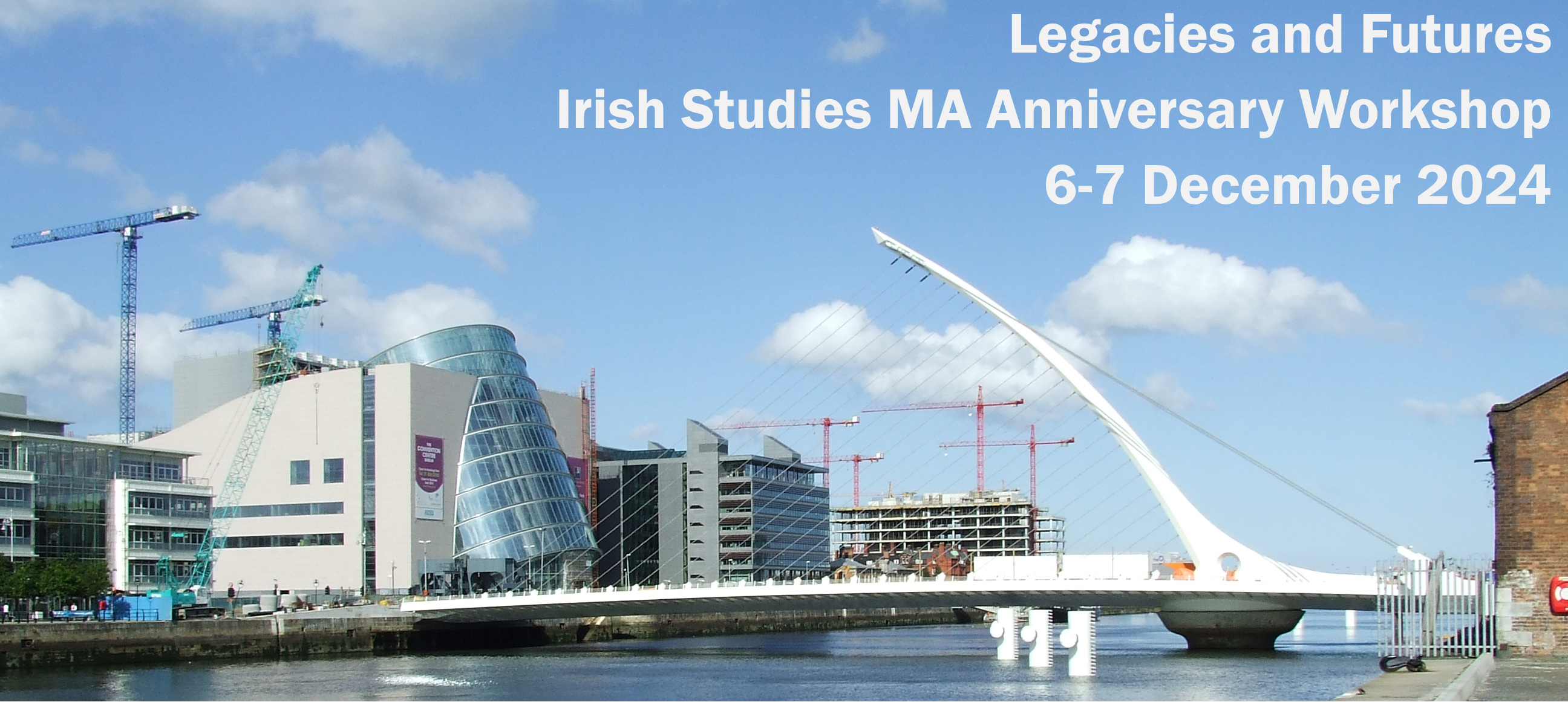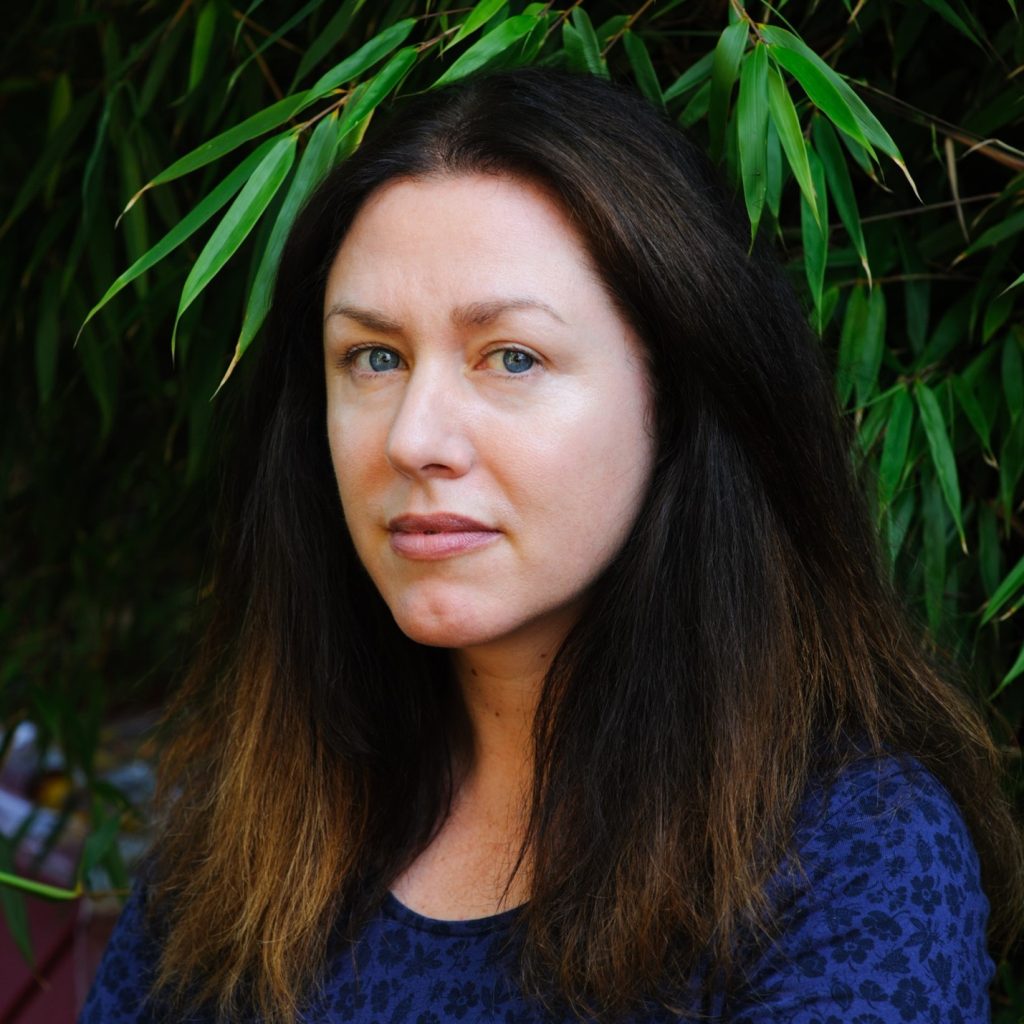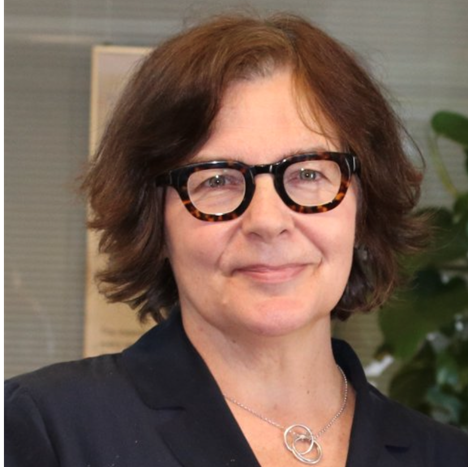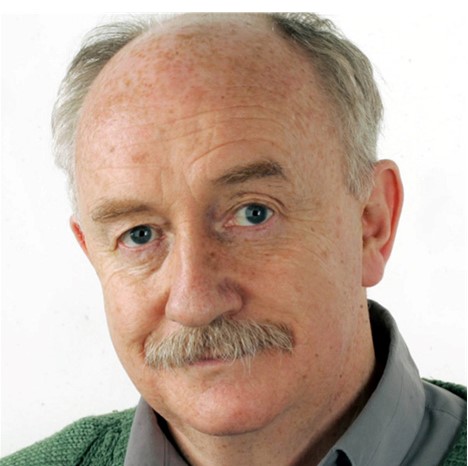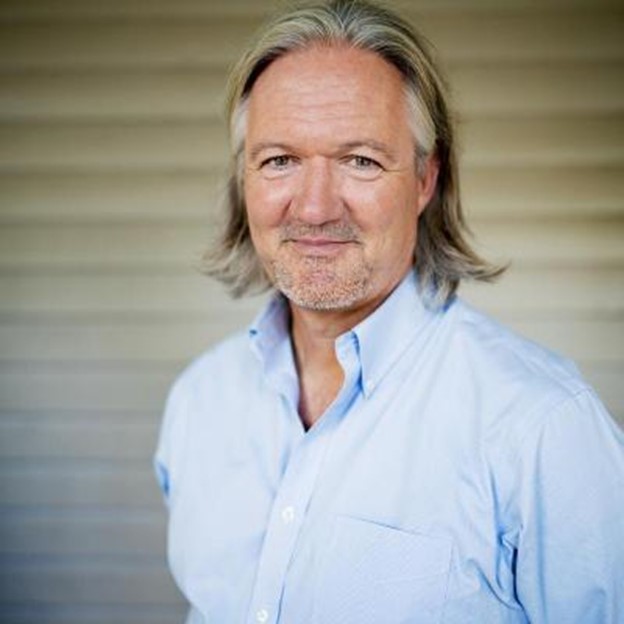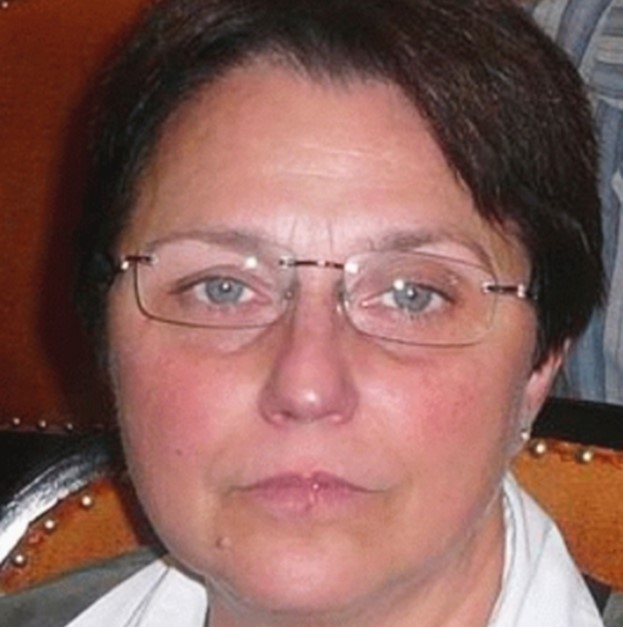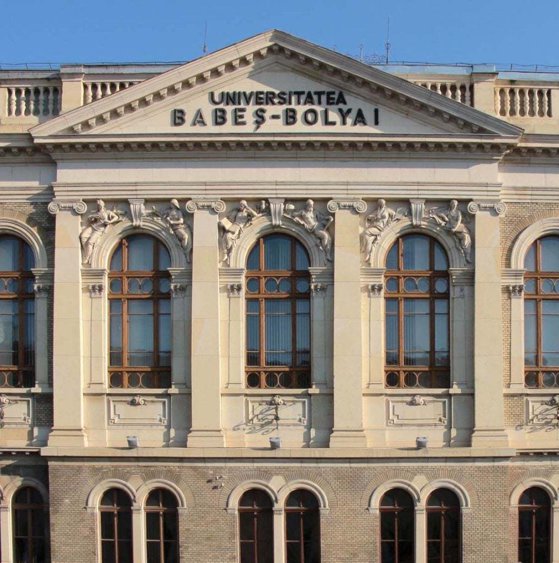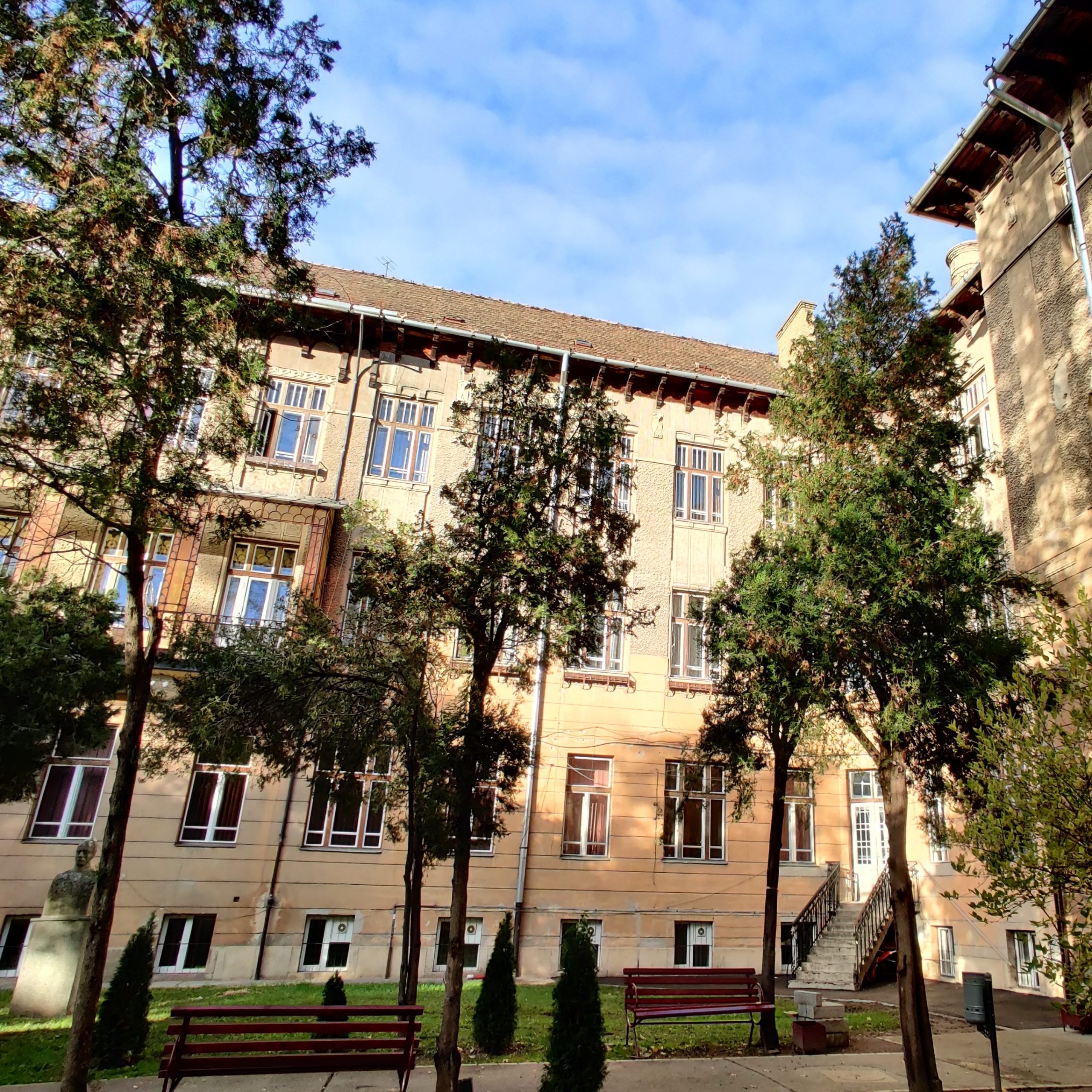In October 1999, when Babeș-Bolyai University’s MA programme in Irish Studies – initially designed as Irish Writing and Its Contexts – was inaugurated, it was the first and, to this day, is the only postgraduate degree offering a cross-disciplinary perspective on Irish culture, literature and history at any Central/Eastern European university. The time was one of rapid globalising for Irish Studies, backed by Celtic Tiger optimism, at the start of a decade of hopes for deeper European integration and democratisation in the region and worldwide. But it would also bring in far-reaching changes that prompted, in our domains of knowledge and across the humanities, a thorough overhaul of ways of seeing and framing difference. At the start of the Cluj ISMA, global Irish Studies were dominated by postcolonial rehistoricising and recontextualising approaches pivoting on rigorous archival studies. Importantly, the decade saw a definite decline in the understanding of literary culture as part of the anthropological program of “inventing Ireland”, to quote the title of one of Declan Kiberd’s seminal books that to this day underpins our discipline; a transition from culture understood as projecting a shared sense of identity and future, to “after Ireland” (to quote the title of another defining volume by Kiberd), that is, to an understanding of literature as operating in a planetary field, fully enmeshed with other forms and modes of imagining personhood, creaturely life and vulnerability.
Lego, legare: as the Latin etymon of the first word in our title implies, “legacies” translate as chords binding future developments or meshing their potential unfoldings with that which is bequeathed by the past, in the sense of both an alignment with existing lines of research and an opening up of fields of inquiry towards future possibilities. In fact, in the quarter century since the Cluj ISMA started, literary and cultural studies – Irish Studies included – have shown a pervasive preoccupation with questions of ethics and biopolitics that cut across lines of gender, class, ethnicity, human and nonhuman geographies and habitats. Consequently, the curriculum taught today is informed by corporeal studies, trauma studies, new materialism(s), different posthumanisms, animal studies, and ecocriticism, whose investigations as a rule reveal the ontological and ethical tangle of literary phenomena with earthly life.
Celebrating twenty-five years since the founding of ISMA in Cluj, we invite proposals for papers, panels and roundtables on any aspect that taps into reperspectivising these cultural legacies. Like any anniversary moment, this calls for a retrospective and prospective re-threading of our thoughts on Ireland and Irish culture, which has often been forced by history to experiment with modes of being, ways of transmission and aesthetic forms that widely deviated from established norms and genres, received notions of the status and social role of culture, and canonical aesthetics. Given the rapid, dramatic changes Ireland underwent since the millennium turn, from an economic powerhouse in a fully globalised world to the exceptionally progressive post-Celtic Tiger state, Irish culture is again among the “first respondents” to the multiple, intersectional crises affecting all earthlings. Irish culture’s public framing has similarly continued to change. An almost symbolic illustration could be the transition from the “greening” of the towering modernist self-exiles, whose names came to adorn Dublin’s contemporary architectural landmarks (the “James Joyce” and “Samuel Beckett” bridges across the Liffey designed by international star architect Santiago Calatrava) to the naming of an offshore patrol vessel participating in UN humanitarian missions after the latter: the LÉ Samuel Beckett, which rescued around 1,000 refuges in the Mediterranean before the pandemic.
We are looking for papers that explore Irish literature and its modes of questioning and provoking putative certainties, of subverting established norms and forms that corresponded to social, political and cultural structures of power. Proposals related to these and any other aspects of the multifarious “tense future” ahead of us are also welcome.
We will be honoured to welcome His Excellency, Mr. Brendan Ward, Ambassador or Ireland to Romania.
The workshop will feature the following invited speakers:
- Caitriona Lally, Irish writer
- Professor Eve Patten (Trinity College Dublin)
- Professor Declan Kiberd (University of Notre Dame)
- Professor Sanda Berce (Babes-Bolyai University)
- Professor Nicholas Allen (University of Georgia)
- Professor Brian Ó Conchubhair (University of Notre Dame)

